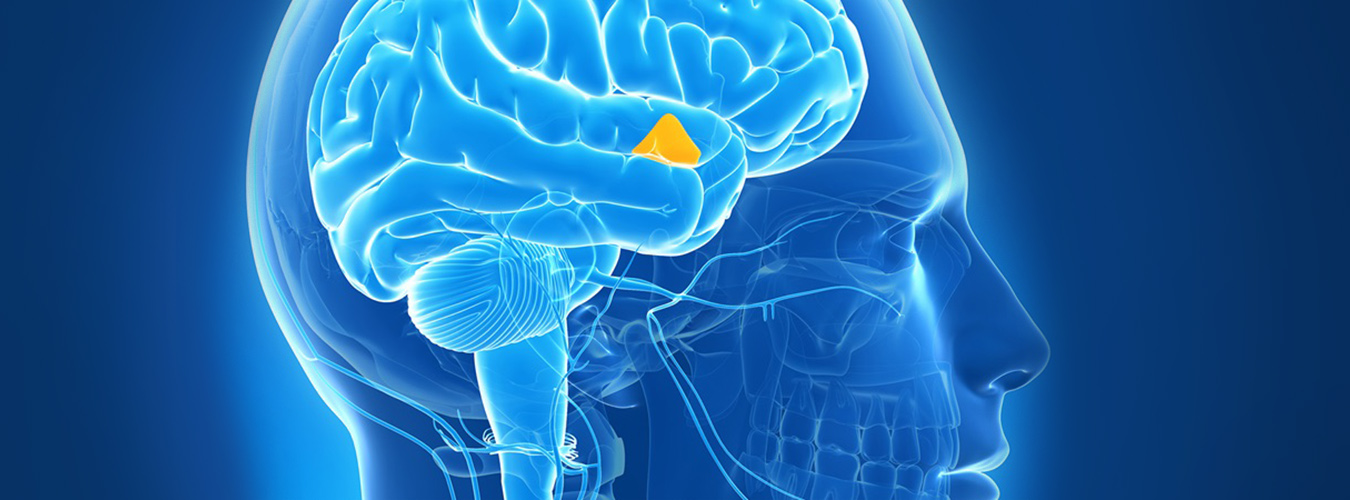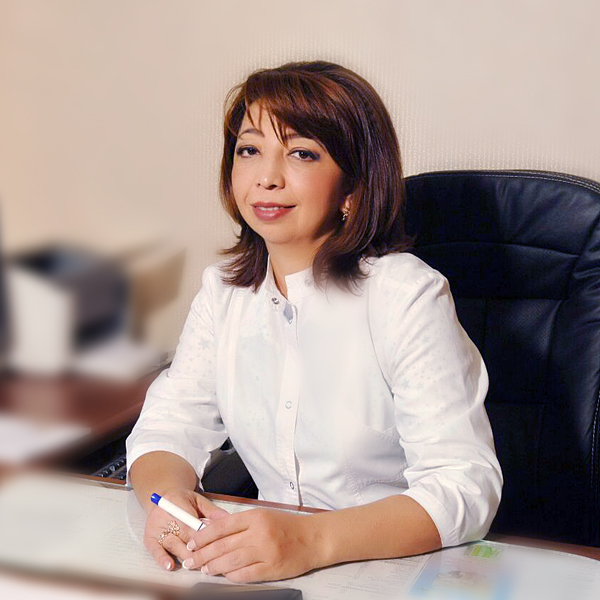

Head of the Department of Neuroendocrinology:
Kholikova Adliya Omonullaevna
Endocrinologist, candidate of medical sciences, doctor of the highest category
The Department of Neuroendocrinology consists of the Laboratory of Neuroendocrinology and the Department of Neuroendocrinology. The Laboratory of Neuroendocrinology was organized in 1996 by Academician of the Academy of Sciences of the Republic of Uzbekistan Ya.Kh. Turakulov. The laboratory is engaged in the development of scientific foundations of the etiology, pathogenesis and treatment of diseases of the hypothalamus-pituitary-adrenal-gonadal system.
The clinical base of the laboratory is the Department of Neuroendocrinology, which was opened in 1997. The Department of Neuroendocrinology at the RSMNPTSE with the number of beds for 25 patients is a clinical base that makes it possible to provide diagnostic and therapeutic assistance to patients with almost all neuroendocrine diseases found in world practice, including the rarest ones - orphan. The department has all the conditions for a comfortable stay of patients.
Department of Neuroendocrinology today:
- This is the only medical structure of such a profile in Uzbekistan that provides outpatient and inpatient medical care at an expert level on diseases of the hypothalamic-pituitary region
- This is a coordination center: coordination of treatment and diagnostic, research, educational and methodological activities in the field of neuroendocrinology throughout Uzbekistan
- These are highly professional clinicians and experimenters, doctors of the highest category, candidates and doctors of science with many years of experience
- A personalized examination and treatment plan is selected for each patient, as well as individual recommendations for further observation outside the walls of the scientific center are developed
- With the help of modern medical technologies, the functions of the endocrine glands, their structure and the correction of the identified disorders are assessed
- The multidisciplinary approach allows for complex therapeutic and surgical treatment in one institution with the well-coordinated work of a team of specialists
Services provided at the RSPMCE for patients with neuroendocrine pathology:
- Interpretation of MRI and MSCT data, hormonal analyzes
- Performing and interpreting functional tests
- Determination of the circadian rhythm of hormones and correction of their disorders
- Determination of the levels of pituitary tropic hormones, adrenal hormones, sex hormones, thyroid hormones IHLA, RIA and ELISA methods
- Complex treatment of rare diseases (pituitary adenomas, multiple endocrine neoplasia syndromes, congenital endocrine pathology, familial and sporadic forms of endocrine system tumors)
- Diagnostics and high-tech methods of treatment for pheochromocytomas and paragangliomas
- Early diagnosis and high-tech treatments for Cushing's Syndrome
- Modern methods of diagnosis, treatment and monitoring of acromegaly Diagnosis, differential diagnosis and pathogenetic therapy of hypothalamic dysfunction
- Diagnostics and treatment of neuroendocrine exchange, vegetative-vascular and thermoregulation disorders of hypothalamic genesis
- Diabetes insipidus, diagnosis, differential diagnosis and treatment of various forms
- Hypopituitarism, diagnosis, differential diagnosis and modern aspects of treatment and follow-up
- Sheehan's syndrome, diagnosis, treatment and assessment of life prognosis
- Determination of indications, contraindications and preparation of patients for radiation therapy with various pituitary adenomas
- Principles of patient management in the immediate and long-term periods after drug therapy
- Determination of indications, contraindications and preparation of patients for high-tech TAG (transsphenoidal pituitary adenomectomy)
- Management and monitoring of patients in the early (up to 10 days), immediate (up to 1 year) and long-term (more than 1 year) periods after transsphenoidal and transcranial adenomectomies for various pituitary adenomas.
- Determination of indications, contraindications, preparation and postoperative management of patients with unilateral and bilateral adrenalectomy in Cushing's syndrome.
- Modern methods of diagnosis, treatment and monitoring of chronic adrenal insufficiency. Prevention of adrenal crises
- Diagnosis, treatment and prediction of long-term outcomes of empty Turkish saddle syndrome
- Growth hormone deficiency in adults, diagnosis and treatment
 Make an appointment
Make an appointment log in
log in 